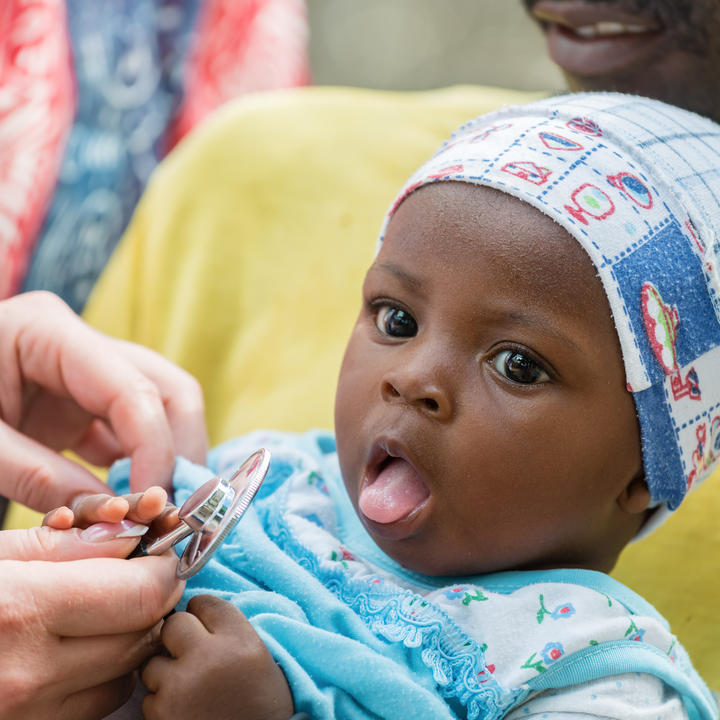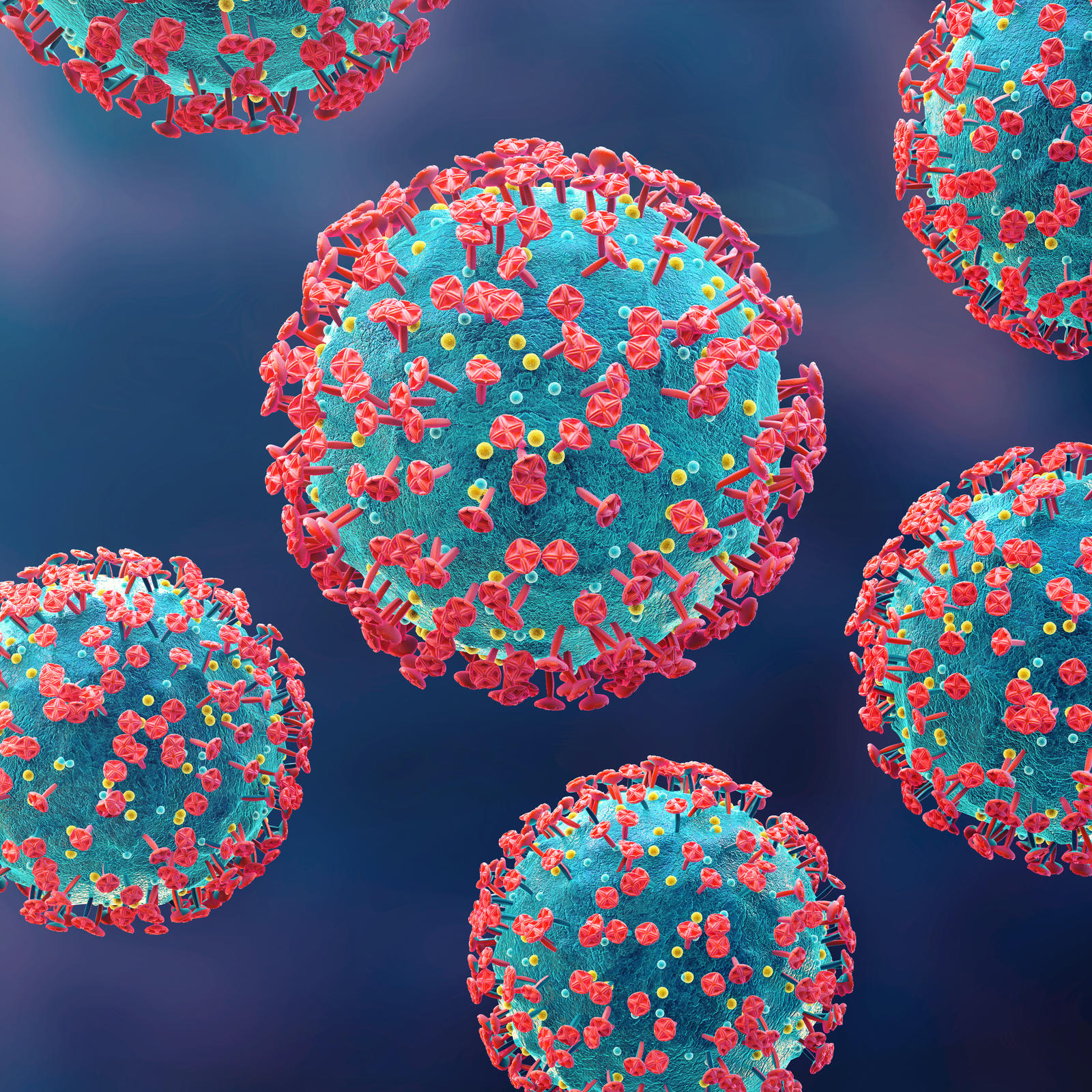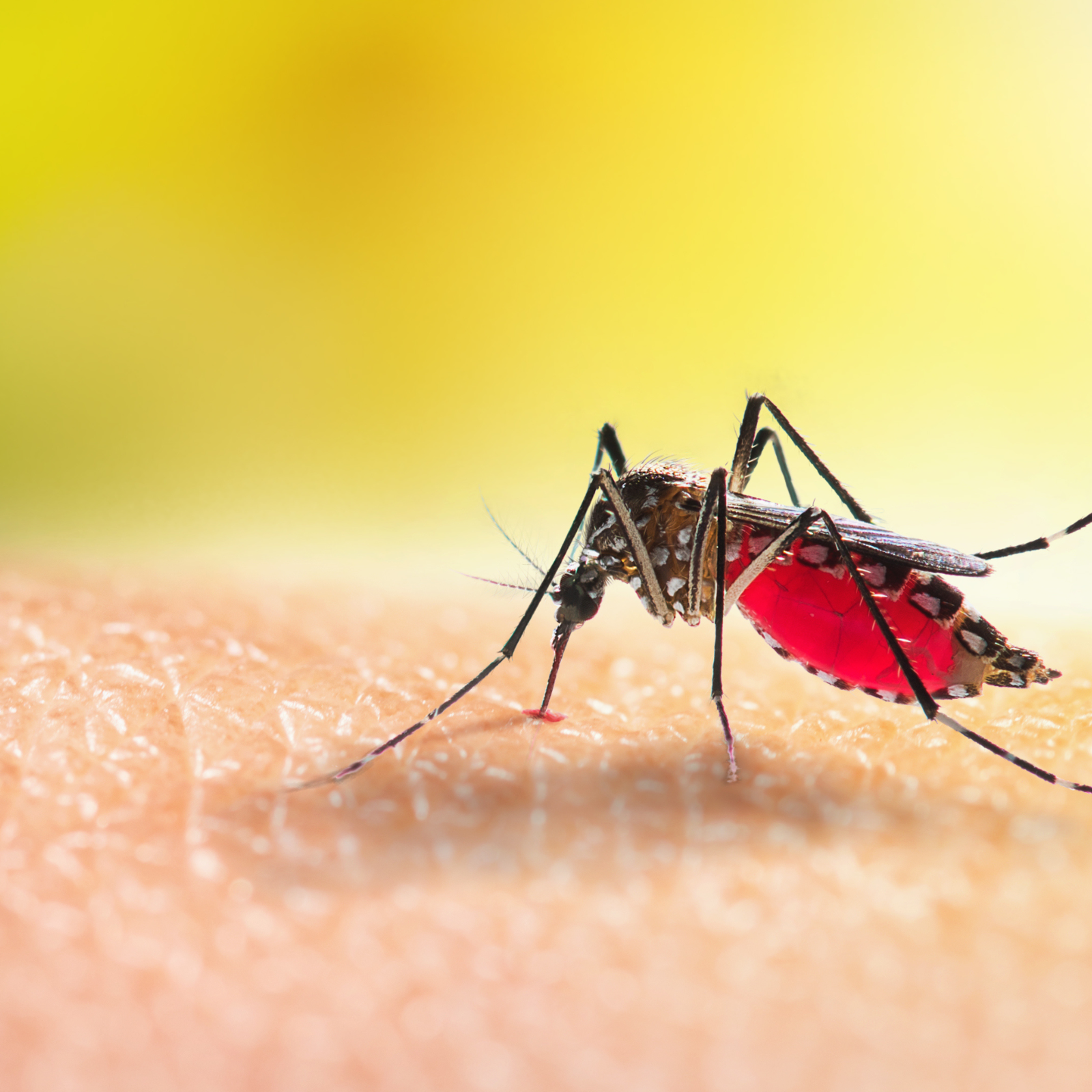Network Systems Science and Advanced Computing
Projects
All Projects
Computational models, especially scenario-based medium-term projections, have been incredibly influential during the COVID-19 pandemic at the state and federal levels in the United States.
The goal of this proposal is to develop a universal platform for a high throughput, phenotype-based identification of bacterial pathogens in complex environments like soil or freshwater.
Agricultural commodity flow networks are a critical component of modern food systems. They also serve as conduits for pest, pathogen and contaminant dispersal. Understanding these food flows and their role in invasive species spread is essential for food security, and preserving biodiversity, health and economic stability.
Epidemiological models predict the spread of highly contagious and lethal diseases such as COVID-19. Public health officials use such models to inform pandemic response policies and advisories. Yet these models require a rigorous scientific foundation in human psychology to better predict people’s responses to information and policies about pandemics. The recent COVID-19 pandemic illustrates the central role of human decision-making and behavior in the spread of such a transmissible disease. Decisions regarding social isolation, social distancing, mask-wearing, hand washing, and vaccination are correlated with the rate at which the COVID-19 virus spreads or the seriousness of getting infected. People with diverse individual mindsets can vary across different regions and subgroups, so different groups of people can vary across different regions and subgroups, so different groups respond differently to messaging and mandates and those responses change over time. There is also an ongoing scientific debate about the degree to which pandemic information or misinformation, and the perceived credibility of information sources influences the degree to which people change their behavior. To address these scientific needs, this project involves activities to develop a multidisciplinary research core and agenda as well as a strong plan for a cohesive research center for Predictive Intelligence for Pandemic Prevention. The activities include exploratory research on computational models of human psychology, information flow and influence, and resulting pandemic transmission. The project will also support the training and mentoring of graduate students who represent the next generation of researchers tackling these global challenges.
PREPARE is a virtual organization to facilitate communication and collaboration among scientists currently involved in pandemic research through the NSF RAPID program. With the guidance of a Steering Committee composed of members from industry, academia, and government agencies, PREPARE will encourage the sharing of research results in a way not available without a concerted effort.
This work aims to enhance existing health damage estimation methods used in economic analyses to inform environmental decision-making activities.
The global incidence of dengue increased dramatically in recent decades and it directly impacted the US and US territories with recent outbreaks.
Recognizing the need to bring the public health and modeling/forecasting community together to enhance collaboration and application of these tools, in 2017, CSTE formed a workgroup comprised of state and local public health partners and academic and private industry groups in collaboration with CDC.
This research will perform scenario-based analysis to measure the epidemiological and economic impact of COVID- 19 in the US. We will use several counterfactual scenarios, guided by the CDC and current interventions to build an experimental design.












